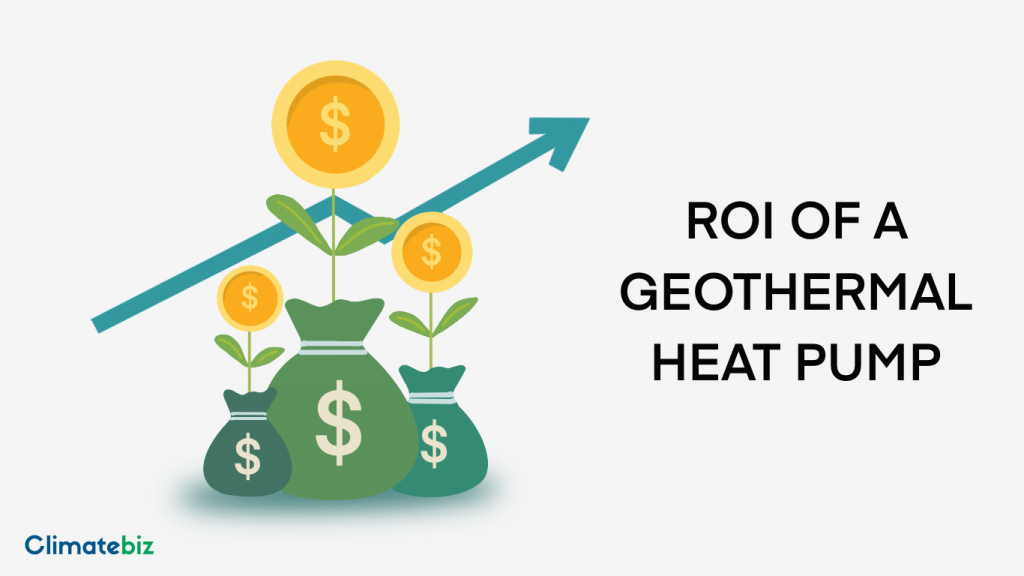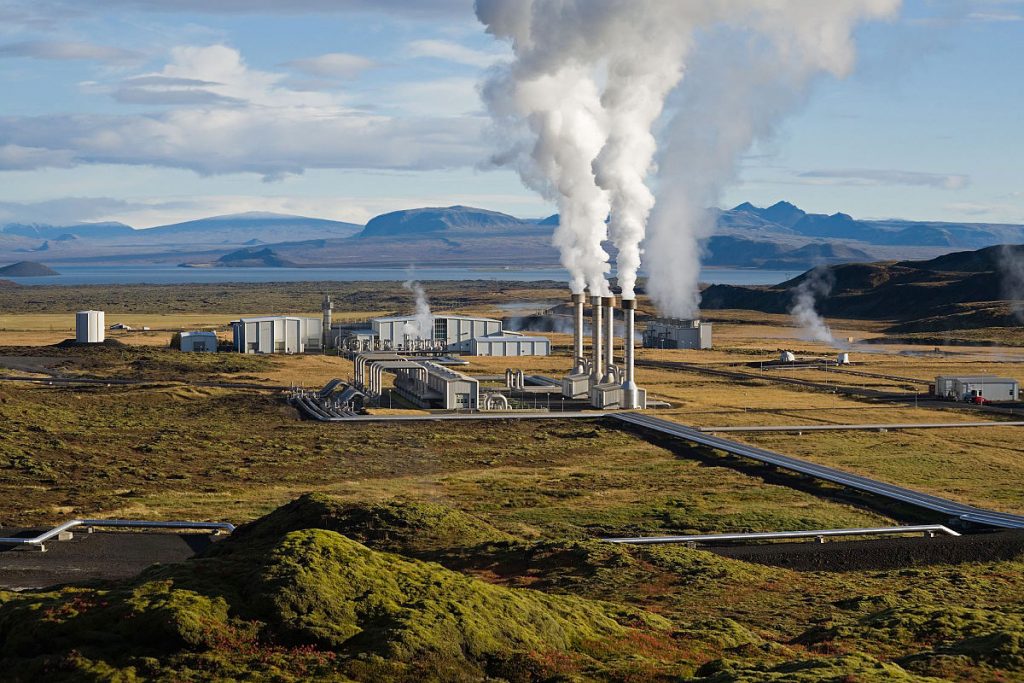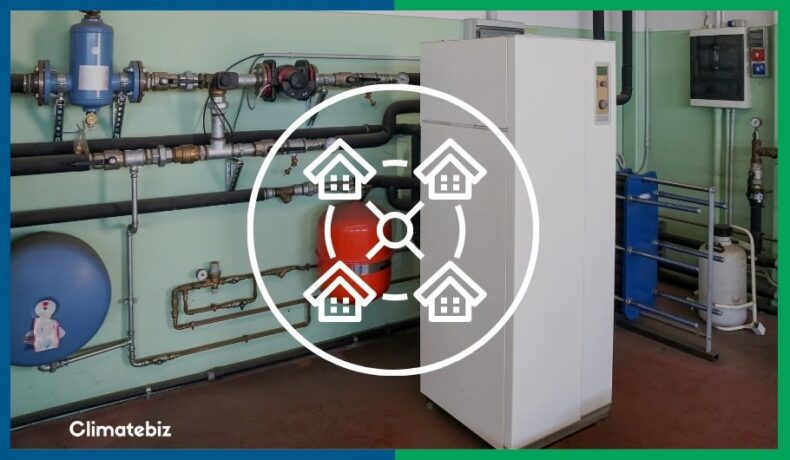“So, how much does it cost?” This is a common question regarding green technology. You may know the cost of a GHP, but is a geothermal heat pump worth the money?
We all know that installing green technology aids the environment and turns our homes green. But if you’ve done any research, you’ll also see that it comes at a cost.
The following article will explore if geothermal heat pumps are worth the money. We’ll also look at their ROI and if there are any tax incentives for GHPs in America.
Table of Contents
Are Geothermal Heat Pumps Worth The Money?
You need to consider several factors to determine whether a geothermal heat pump is worth the money or not. For instance:
- Can you afford one?
- Will it save you money?
- How long will it take to pay off?
There are also non-monetary factors to consider:
- Is a GHP better for the environment?
- Does it curb your carbon footprint?
What we’re trying to get at here is this: you should take a holistic approach to your decision-making process.
Will A Geothermal Heat Pump Save You Money?
The answer to this question is clear — yes, it will.
In previous articles like this one, we’ve discussed how geothermal heat pumps are more energy-efficient. They’re 72% more efficient than furnaces and 44% more efficient than air heat pumps.
Since the GHP uses 1 unit of power to generate 4 units of heat, it’s the most efficient system out there.
In addition to this, a GHP can save you up to 65% of your electrical bill per month.
Sure, the start-up costs are high, around $16,000 to $18,000 for a mid-range system, but a GHP does have a positive ROI – about 10% – 12%. (Of course, this depends on your system and how large your home is.)
Environmental Impact
The best part about a geothermal heat pump is that it doesn’t create heat. Instead, it transfers the existing heat from the ground to your home. As a result, no combustion occurs, meaning 0% carbon emissions!
While this is great, it’s important to note that a GHP isn’t carbon neutral. Since they still use electricity, they’re powered by coal and other power plants. So while the pump might not let off carbon emissions, its electricity source isn’t carbon neutral.
However, you can always power your geothermal heat pump with solar panels, creating a hybrid system.
An interesting thing to note is that GHPs don’t harm the land around your home. That being said, geothermal power plants have quite an impact. You can learn more about geothermal power plants here.
What Are The Pros And Cons Of A GHP?
Here are several more advantages and disadvantages to consider:
What Is The ROI Of A Geothermal Heat Pump?

ROI stands for return on investment — a common factor that shows whether an asset is financially viable. It measures the return of an investment relative to its cost.
Basically, it lets you know if the investment is profitable.
So what is the ROI of a geothermal heat pump, and is it worth the money? You can calculate the ROI with the following formula:
ROI = (Savings in electricity – Cost of the GHP)/Cost of the GHP
Electrical Savings
Here are the facts:
- The average geothermal heat pump lasts 25 years.
- A middle-range GHP will save up to 65% of your electrical bill.
- In 2021, the average cost of electricity was $11.18 per kWh.
- According to the EIA, the average household spends $117.46 on electricity per month.
With All Of This In Mind
So, in 25 years (at that price point), you would have paid $35,238 in electrical bills.
Your geothermal heat pump would have saved you $22,904 over its lifetime.
Cost Of The GHP
Let’s take the average price of $4,000 per ton Btu. The average 2,261 square foot home needs 5.65 tons of capacity to warm the house. However, let’s say that your geothermal heat pump only warms your bedrooms and living room — that’s roughly 3.7 tons of capacity or 4 tons.
In conclusion, a heat pump of this capacity would cost $16,000.
Calculating The ROI
Now, let us plug these values into the formula:
ROI = ($17,619 – $16,000)/$16,000
ROI = 10%
Note, this rate will change depending on:
- Your electrical rate per kWh
- The size of your geothermal heat pump
- The efficiency of your heat pump
Therefore, you should do your ROI calculations using the values you received from your local installer.
It would take around 11 years to pay the GHP off in electrical savings. So at the end of the 25 years, you should have $17,600 back in your pocket.
Are There Tax Incentives For A Geothermal Heat Pump?

Source: energyeducation.ca
In America, the federal government offers tax credits with local state incentives. However, the tax credit rate should be something you keep an eye on.
For example, the current tax credit rate is 26% (2022), though it’s set to reduce to 22% in 2025. So, if you’re waiting for a sign to tell you to install a geothermal heat pump, this is it.
Checking Eligibility
To check if your system is eligible for tax credits, check out energystar.gov. They’ll let you know what is required and what your tax credit will be according to your zip code.
Lastly, to find out if your state has any local incentives, you can hop over to dsireusa.org. You can search for your state, and they will give you a comprehensive list of all green-tech incentives.
Final Thoughts
Geothermal heat pumps are worth the money. You’ll save enough from reduced energy bills to pay the system off in a couple of years. Additionally, they positively impact the environment.
The downfall is their initial cost and installation process (understandable when you think about all the earth that needs to be moved).
Don’t forget that your geothermal heat pump might be eligible for tax credit and other incentives! Make sure to check this out ASAP before the rates change in 2025!
The last thing to note is that the ROI is around 10%. And while this may sound low, it’s the same as most other heat pumps.
All this added together makes GHPs the best choice and definitely worth the cost.

